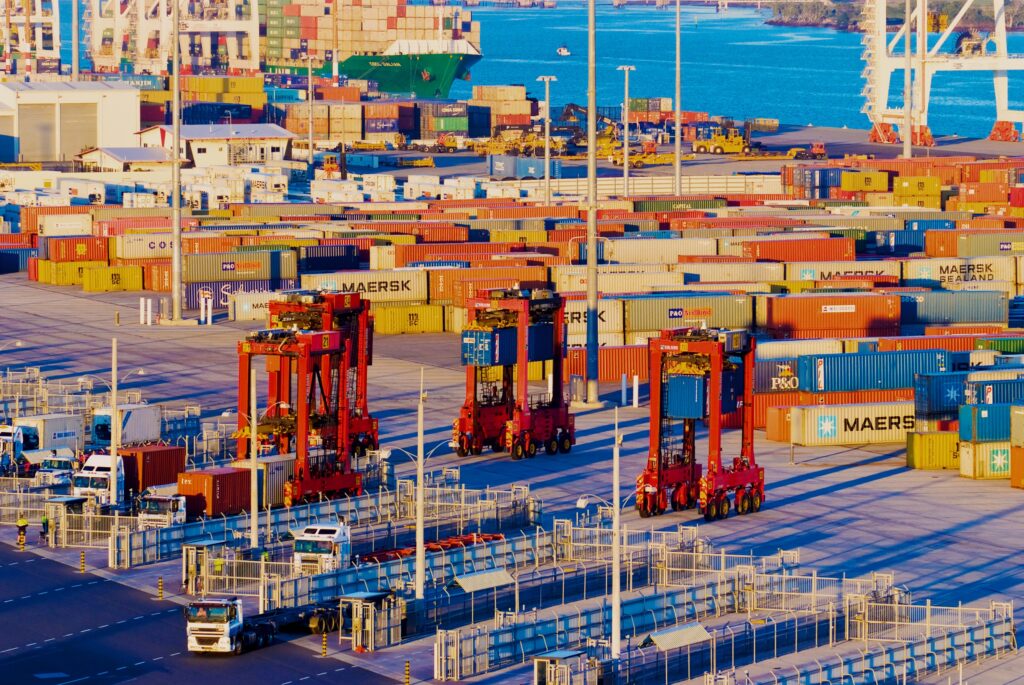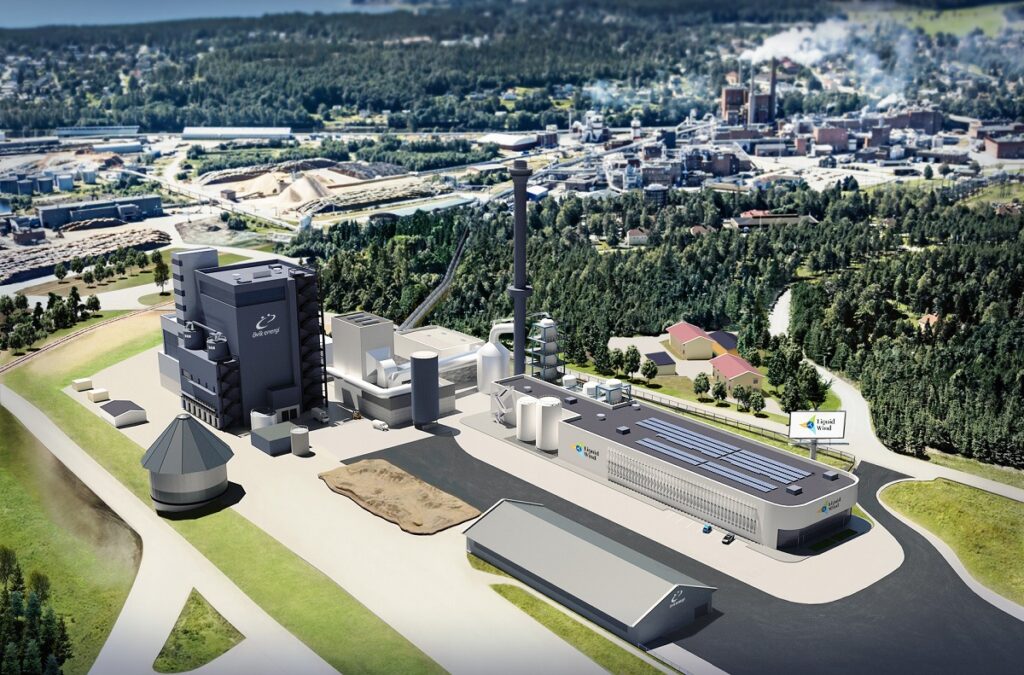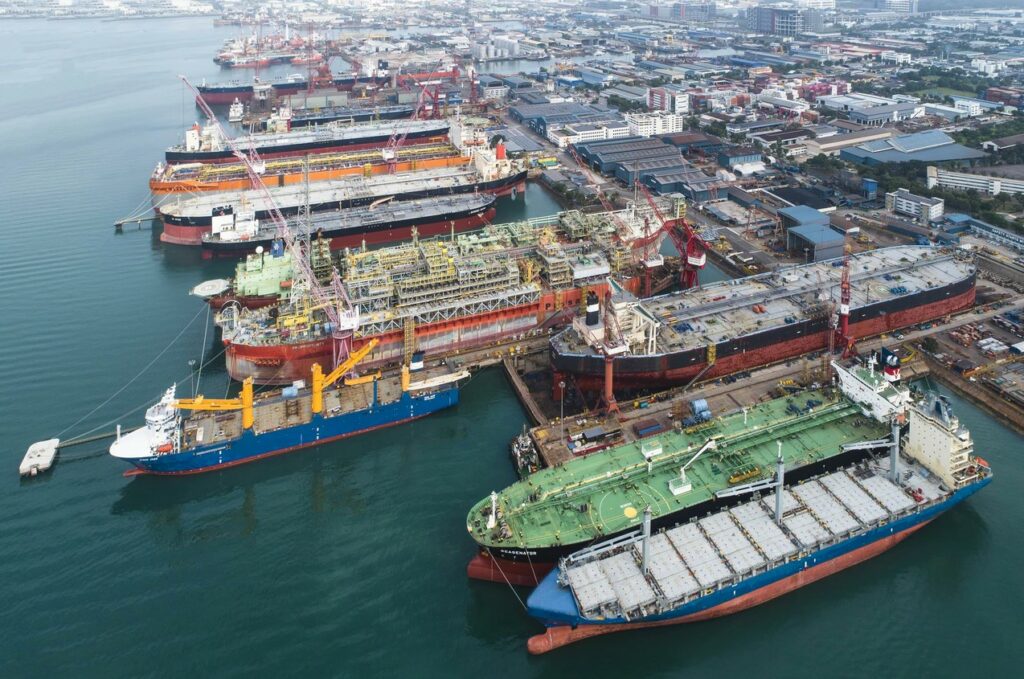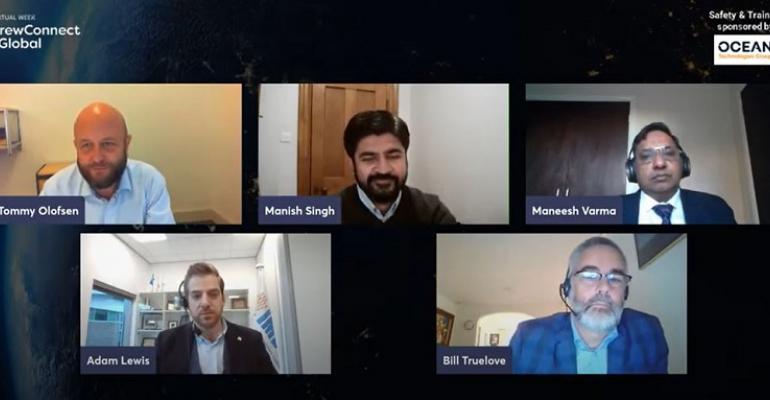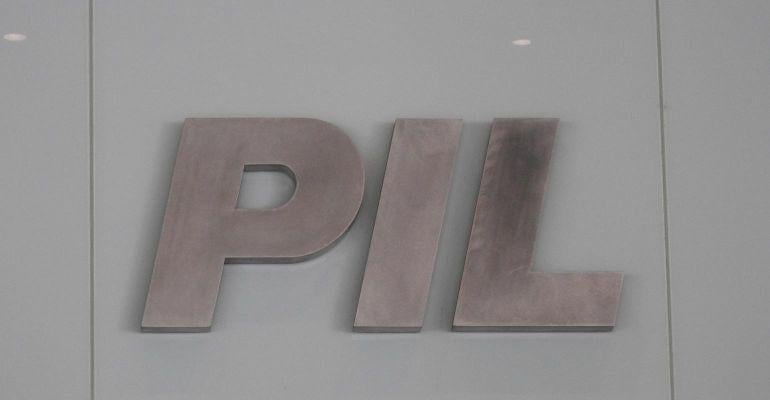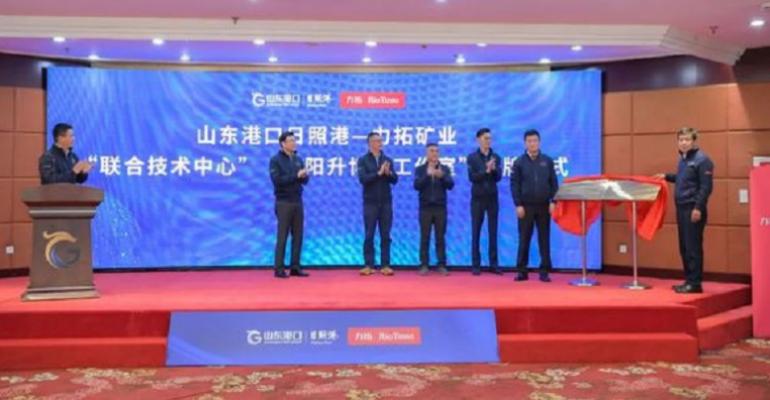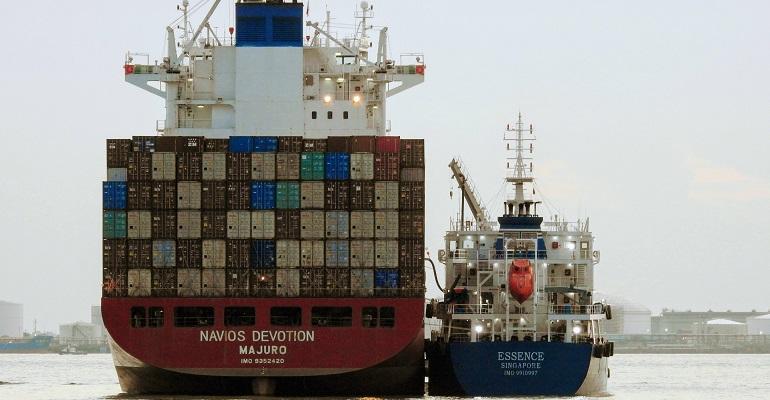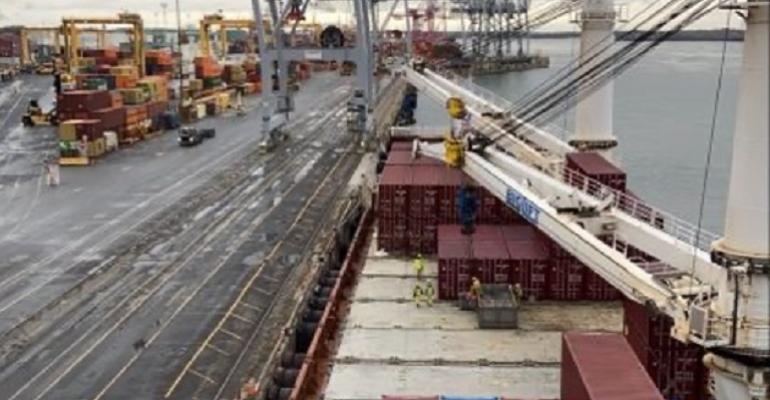With the Covid-19 pandemic putting pay to much in the way of classroom and shore-based training many seafarer training courses that had not previously been offered online shifted into the virtual environment.
Speaking at CrewConnect Global Virtual Week Maneesh Varma, Head of Qualifications for Nautical Institute, said, “There is also a need to retrain the trainers in online delivery.”
Drawing on their experience in delivering online and hybrid courses he noted it was a major challenge for the trainer to know what level of knowledge trainees already have in the online environment.
Fellow panellist Adam Lewis, Head of Training and Operations for IMEC, agreed on the need to train the trainer for the new environment. It was something IMEC had identified prior to the pandemic and was about to embark on train the trainer course with Solent University when Covid-19 hit, causing the plans to be shelved until the situation improved.
“What we realised about three or four months into the pandemic is that training hadn’t stopped, it had gone online and this required a whole new range of skills. You may have a lot of charisma in the classroom, but creating an online environment is totally different kettle of fish,” he explained.
As a result IMEC back to Solent University to see if they could create a course around this for trainers. A pilot course was run late last year and it is now running full courses on training in the online environment. “And this is something that we found trainers can adapt to very quickly and they can apply a bit of creativity to it and really create something online that young people aren’t being hampered by, but actually enjoying being able to improve their knowledge,” Lewis said.
Rear Admiral Bill Truelove, Managing Director CSMART Academy recounted a similar experience. “We recognised early on that we need to enable our trainers to operate in a completely different environment effectively so we’ve built inhouse and implemented to train the trainer programme.”
In addition to training the trainer the Nautical Institute’s Varma noted that the proper environment needed to be created for trainees both on and offshore so they are free from distractions. “When we are designing training for our staff we need to give them time to get trained,” he said.
Copyright © 2021. All rights reserved. Seatrade, a trading name of Informa Markets (UK) Limited.
SOURCE READ THE FULL ARTICLE
https://www.seatrade-maritime.com/ship-operations/training-trainer-online-and-hybrid-learning

